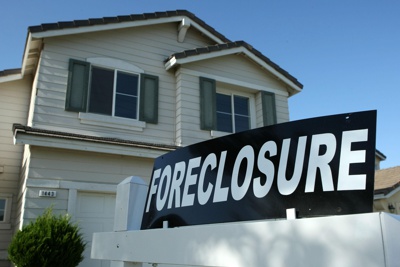Foreclosure
In both good times and bad, people can face financial challenges. During Covid, this was especially true, but moratoriums were in place to protect homeowners from losing their homes. However, as those moratoriums are lifted, people may find themselves facing the possibility of losing their homes. DO NOT WAIT! Far too often, we watch as people believe they’re only a “few more days” away from getting a loan, or selling some assets, or borrowing money from family to cure the default. The situation can become impossible if you wait until you’re down to a few short weeks before the property goes to sale. As soon as a notice of default is filed (preferably sooner) give us a call. Let’s discuss your options before we run out of time. It’s better to sell now rather than risk losing everything.









